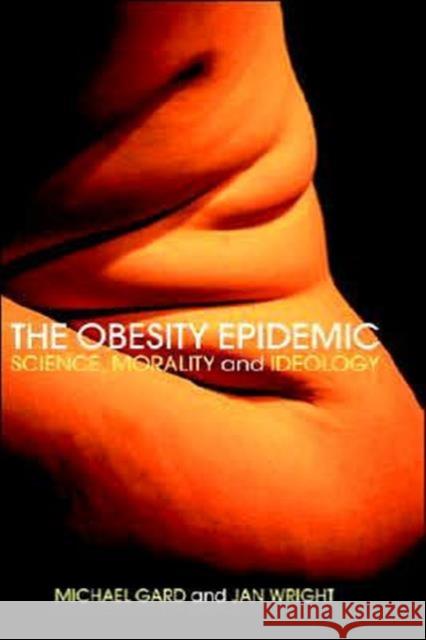The Obesity Epidemic : Science, Morality and Ideology » książka
The Obesity Epidemic : Science, Morality and Ideology
ISBN-13: 9780415318952 / Angielski / Twarda / 2005 / 232 str.
The Obesity Epidemic : Science, Morality and Ideology
ISBN-13: 9780415318952 / Angielski / Twarda / 2005 / 232 str.
(netto: 746,32 VAT: 5%)
Najniższa cena z 30 dni: 730,42
ok. 22 dni roboczych.
Darmowa dostawa!
It is a unanimously accepted and widely condemned fact that the population of the world, in the prosperous regions at least, is getting fatter. Obesity, usually linked with declining levels of physical activity, is often cited as the single greatest cause of unnecessary death and disease. Both in fashion and in health science, 'thin is in'. But have the medical and scientific community been complacent in their analysis of the crisis? The Obesity Epidemic argues that the current state of scientific thinking is a complex mix of science, morality and ideological assumptions about people and their lives. The authors question the scientific legitimacy of accepted thought about the causes of obesity, arguing that ideological bias and debatable moral assumptions have had a significant effect on research. The authors examine the 'obesity epidemic' from a variety of angles, exploring the both science of obesity and the construction of the 'obesity epidemic' in the popular media. This is a controversial book about a critical theme in health and exercise studies. state of research and is set to contribute a great deal to the debate. It will be essential reading for anyone interested in health and obesity issues, including teachers, scientists, health workers, doctors and policy makers.
Increasing obesity levels are currently big news but do we think carefully enough about what this trend actually means? Everybody – including doctors, parents, teachers, sports clubs, businesses and governments – has a role to play in the ‘war on obesity’. But is talk of an obesity ‘crisis’ justified? Is it the product of measured scientific reasoning or age-old ‘habits of mind’? Why is it happening now? And are there potential risks associated with talking about obesity as an ‘epidemic’?
The Obesity Epidemic proposes that obesity science and the popular media present a complex mix of ambiguous knowledge, familiar (yet unstated) moral agendas and ideological assumptions.











